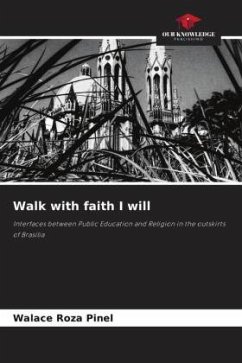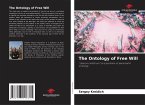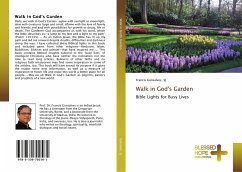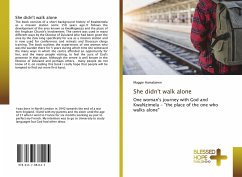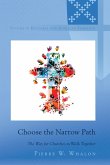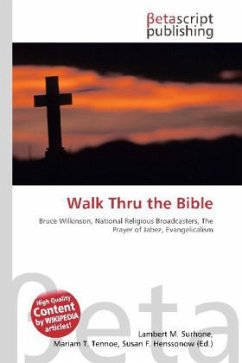This work analyzes the influence of the growing number of churches in the spaces near public schools, and their relationship with the school community of Sobradinho II, Administrative Region of the Federal District. Throughout the research, we seek to understand the significant presence of evangelical communities in this region, analyzing the history, the contradictions and the possibilities of dialogue in thisThis is a peripheral urban territory, socially demarcated as a place of inequality, exclusion and abandonment, especially considering the public policies for Basic Education, and the well-being of local children, young people and adolescents. Thus, we analyze how the school community establishes its social relations in an area where conservative religious thinking is predominant.
Bitte wählen Sie Ihr Anliegen aus.
Rechnungen
Retourenschein anfordern
Bestellstatus
Storno

